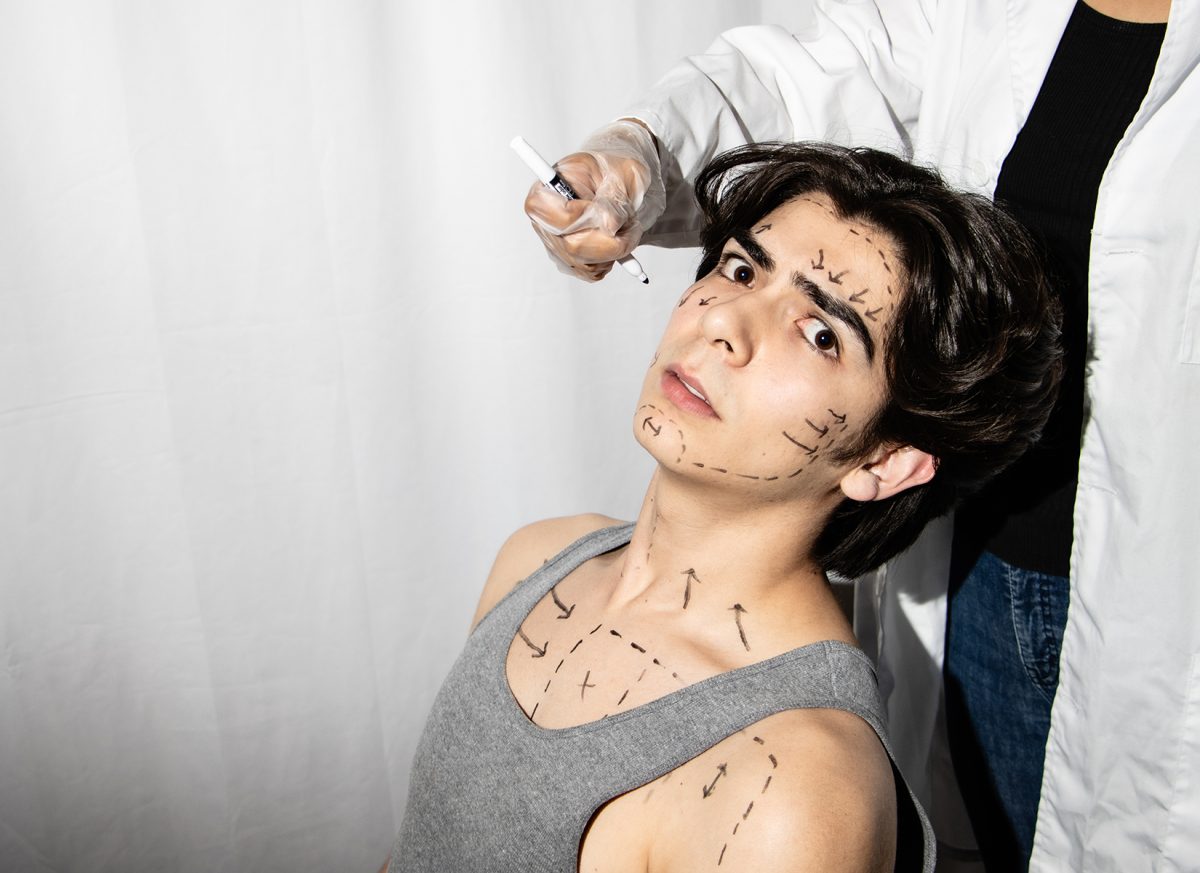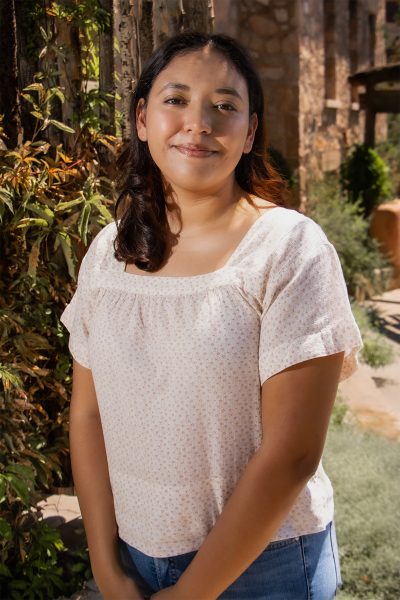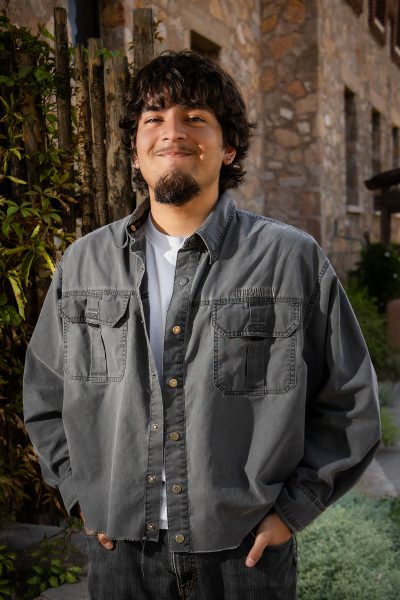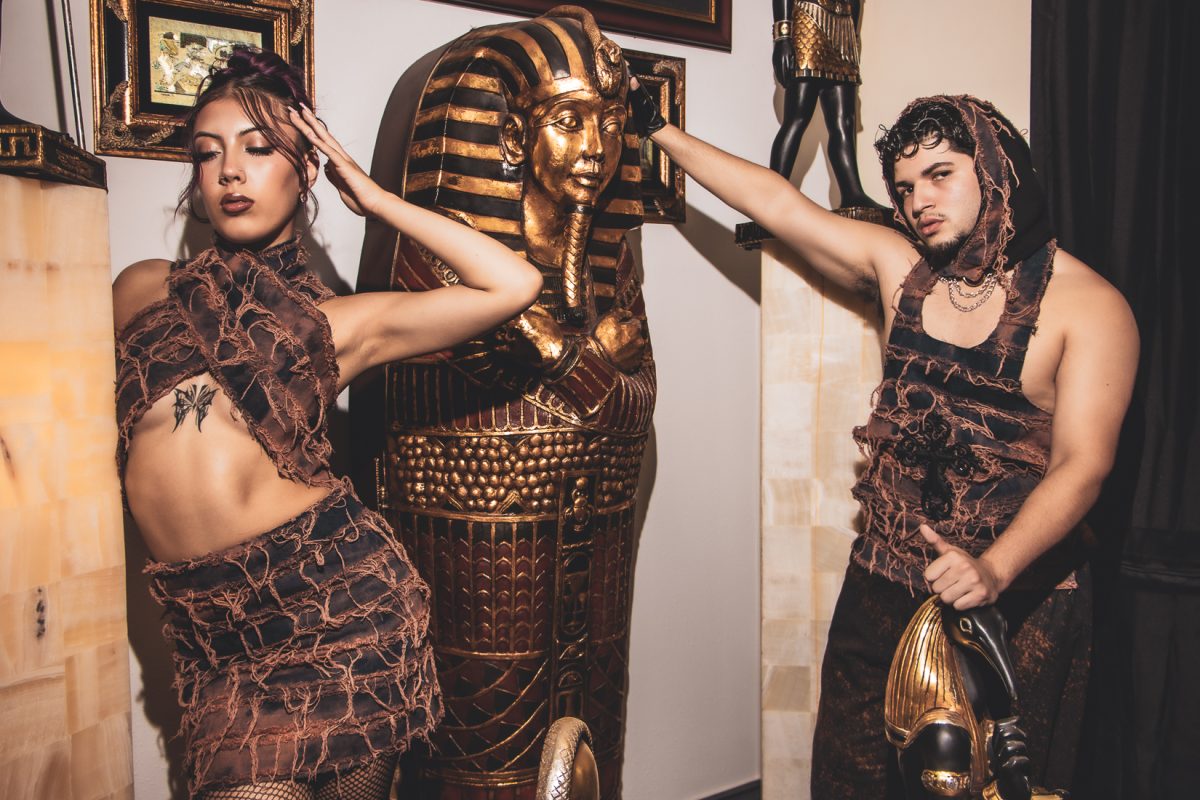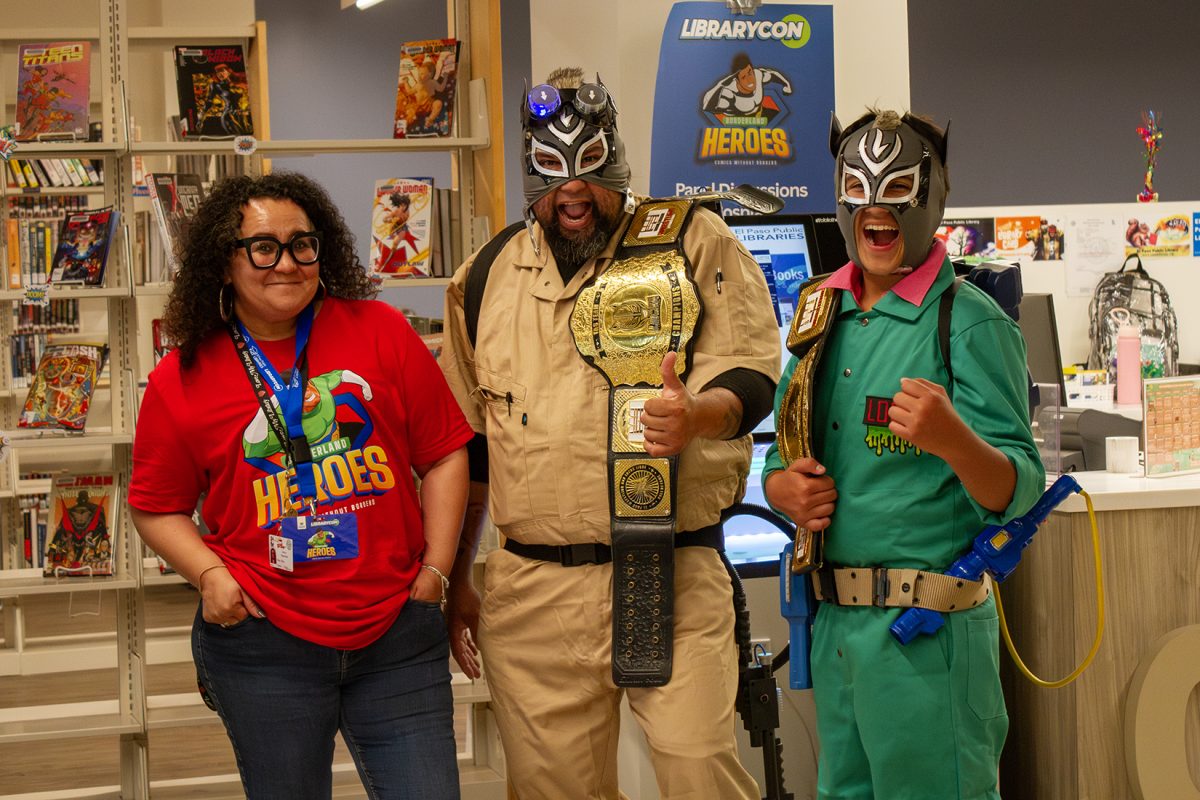In an industry where appearance is everything, unrealistic body standards remain a constant challenge for models and viewers alike.
Models like Bella Hadid have spoken out about the toxic industry standards. In an interview with Marie Claire, Hadid shares how she felt pressured to lose weight before walking in Victoria Secret fashion shows.
“My life for so many years revolved around only working and… how I was going to lose that weight for one of those shows,” Hadid said. “Now, I just am who I am. And I don’t need to change for anybody else.”
While Hadid rejoined Victoria Secret as an ambassador as part of its mission to improve and embrace diversity and female empowerment, other brands still fall short.
A recent video for Vouge played homage to the musical ‘Hairspray’ and starred model Gigi Hadid. Yet, viewers noticed that the video had no plus-size representation even though the lead role in the musical, Tracy Turnblad, is a plus-size role.
Isabel Sanchez, a sophomore psychology student at the University of Texas at El Paso (UTEP) said that this lack of diversity and representation can result in serious mental and physical damage on people as they try and fit into these standards.
“Definitely growing up and especially now with social media, it’s an easy way to get stuff into your head,” Sanchez said. “It can make me feel pressured to be skinny, want to be tall, when realistically, not everybody’s slim, not everybody’s super tall. It can even start eating disorders, because there’s such high fake standards.”
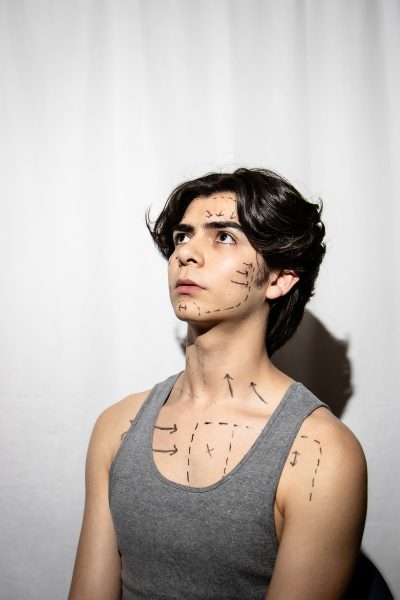
Local model, Isai Morga, got into modeling after being scouted by an agency and asked to participate in Texas International Fashion Week.
Morga shares that while he has fortunately never been negatively criticized for his body by his modeling agency, he still puts pressure on himself to meet industry standards.
“I think I have this stereotype of the modeling industry. You see the people walking on the runways and on your TV, and you see a specific body type they have,” Morga said. “So, I did have that expectation in me, but it was mostly because of what I had seen in the industry.”
Through the support and reassurance of others, Morga has been able to alleviate the pressures the industry puts on models.
“I feel like I’m way more confident and comfortable with myself, my body and everything, just because sometimes it’s more so you’re in your head,” Morga said. “You don’t know you’re doing that good until someone else tells you. It does help a lot when people reassure (you) and get you out of your head.”
Sanchez shared that she hopes to see more diversity within the modeling industry to create better perceptions about body image for younger generations.
“Include more plus size women, mid-sized women, women that have different features, normal woman would be nice to see,” Sanchez said. “It could also help the younger girls out there that are influenced by these fashion shows, by Instagram and TikTok.”
Morga encourages those who are interested in modeling to give it a try as the community is becoming more diverse.
“Even if you think you can’t do it, you’re maybe thinking, ‘I’m too short, I’m too tall, or my body doesn’t fit the image of the modeling industry’, you can do it because I’ve seen it,” Morga said. “I feel like now it’s more open, especially here in El Paso, I feel like people are way more open to all kinds of bodies.”
Morga believes that some modeling communities, like El Paso, have already started becoming more accepting and while there has been improvement, there is still a need for change to protect the well-being of those in and outside the industry.
Ximena Cordero is the web and copy editor for The Prospector and may be reached at [email protected].

